Description
How sustained disruptions to children’s safety have physical, behavioral, and mental health impact that follow them into adulthood.
At its heart, polyvagal theory describes how the brain’s unconscious sense of safety or danger impacts our emotions and behaviors. In this powerful book, pediatrician and neonatologist Marilyn R. Sanders and child psychiatrist George S. Thompson offer readers both a meditation on caregiving and a call to action for physicians, educators, and mental health providers. When children don’t have safe relationships, or emotional, medical, or physical traumas punctuate their lives, their ability to love, trust, and thrive is damaged. Children who have multiple relationship disruptions may have physical, behavioral, or mental health concerns that follow them into adulthood.
By attending to the lessons of polyvagal theory—that adult caregivers must be aware of children’s unconscious processing of sensory information—the authors show how professionals can play a critical role in establishing a sense of safety even in the face of dangerous, and sometimes incomprehensibly scary, situations.

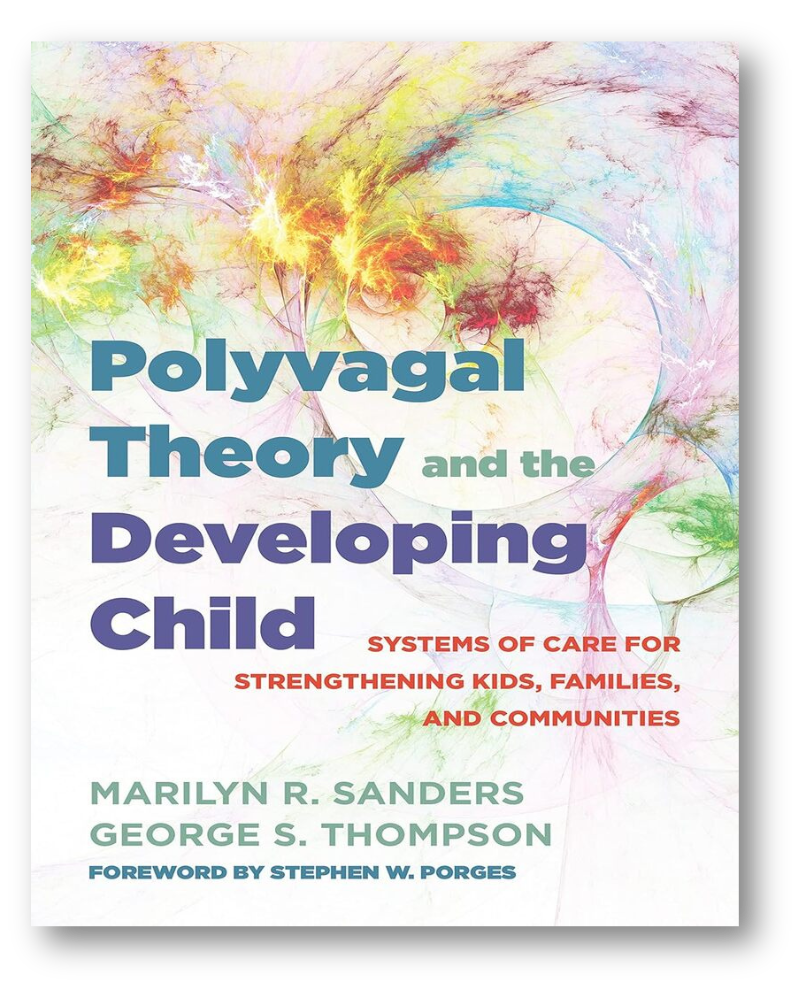
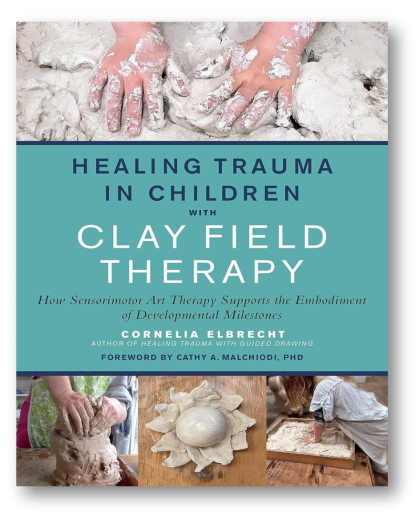
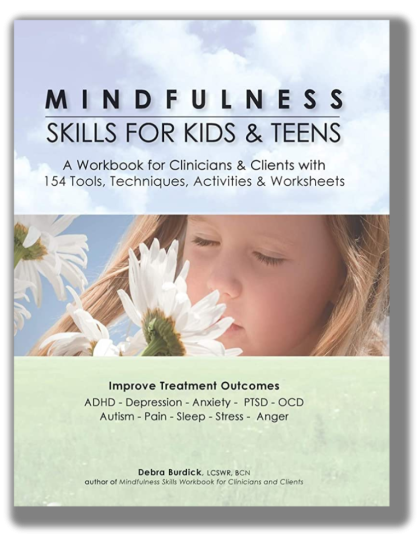
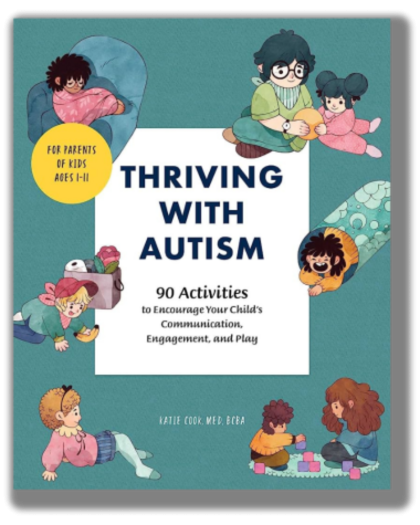
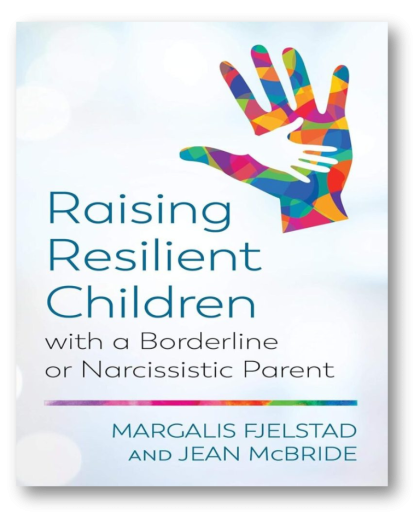

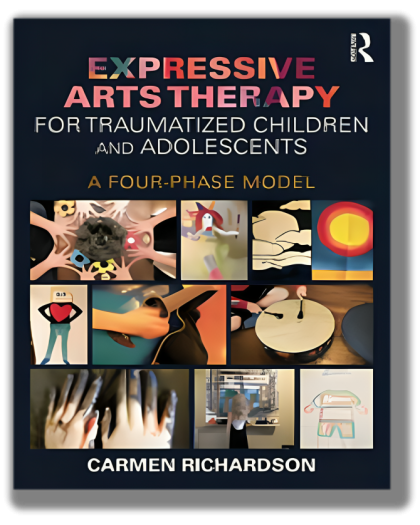
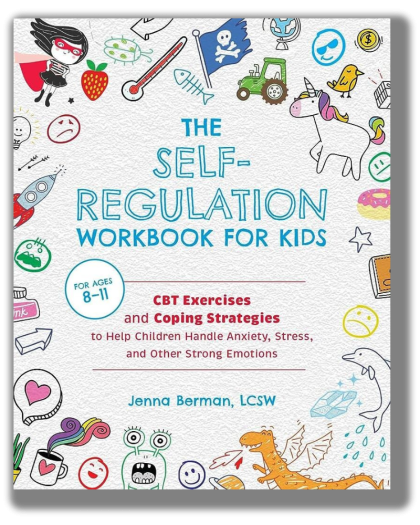

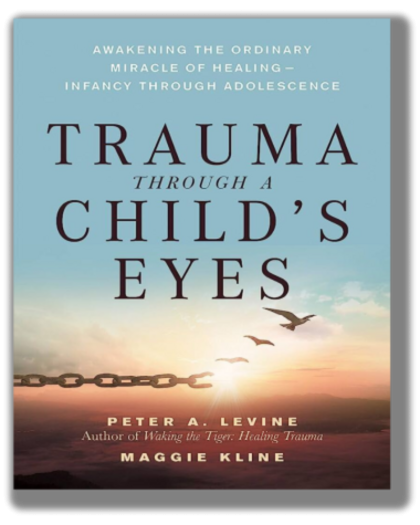
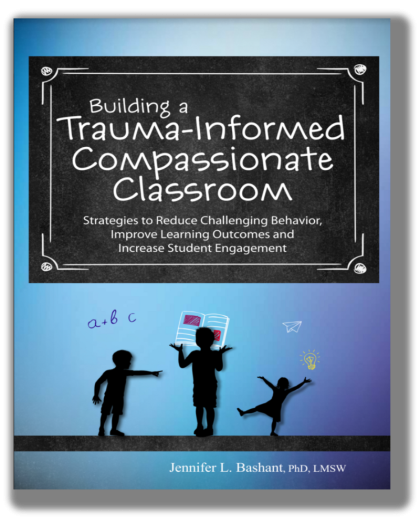
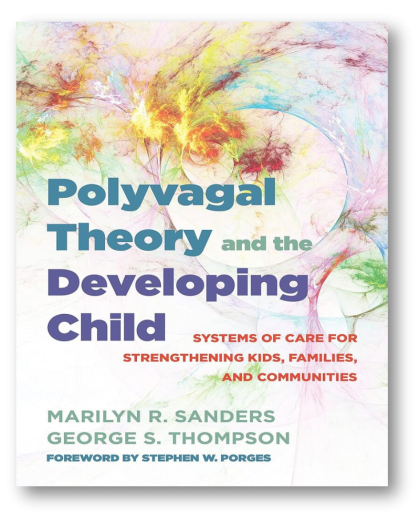
The authors do a great job of explaining the importance of feeling safe. The research and examples referenced provide a wonderful framework for helping others, particularly children, achieve that sense of safety.
This book is does an AMAZING job explaining the importance in the sense of safety and social connectedness and how that impacts our engagement and functioning. This especially applies when working with children who are vulnerable to regulation difficulties to help therapists understand the neuroscience behind the behaviors that they are seeing. The authors provide practical uses on how to apply Polyvagal Theory within your practice and organization. I would recommend all therapists read this book!!
I am so excited to experience this book, but I can’t just run through it. There is so much there, it has depth of experience in it. I can only digest it when I let myself experience it. The book forces me to engage with it like that. I am not succeeding at being able to intellectualize through this book as I sometimes do with others. The book engages you to have a relationship with it and you can’t rush through a relationship.
I might have more things to say about it later, but I am already happy to have begun this adventure. And already… my relationship with my own nervous system has began to change. It’s exciting and a little scary, because I can feel that things are going to change.
For example, I am definitely noticing when I find myself in fight-or-flight. I am asking what is causing it and asking myself what would need to change for me to relax. I am trying to get there in the moment. In the past, I would notice distress and wait it out. Now I am noticing when I am in distress and looking for ways to change it right then in the moment. The process has begun!
I’m a school counselor that has witnessed an unprecedented change in the behaviors of our students over the past year. Many days I have walked out of school feeling scared, angry, inadequate, or like I should just give up. This year has been more challenging than any previous year.
I spent my time over Winter Break trying to find something that would reenergize me for the coming semester and I couldn’t have asked for a better and more timely read. As I was reading through this book, I kept having lightbulb moments where I would think “That’s exactly what is happening with this kid,” or even “I think I know why that staff member responded in the way that they did.”
I’ve really been doing everything I can possibly think of to support our students and staff. I have felt like I’m doing everything correctly, but the things that worked in the past just don’t seem to make a dent this year. I’m really honestly excited to jump back in to second semester with a few more tools that I honestly think will make a big difference in how I approach students. The idea of PACE (Playfulness, Acceptance, Curiosity, and Playfulness) is something that I think I do naturally, but knowing those things help calm the brain may help better be able to teach others to do the same.
I’m going to try and talk our principal and/or a small group of teachers into doing a book study on this book. I think it would be a transformational text for our school and could maybe help us get back on top of this school year.
This book has happily found it’s spot on my bookshelf among the works of Dan Hughes, Deb Dana, Bruce Perry, and Stephen Porges. As a clinical therapist, I work with children who have experienced adverse experiences and traumas in their early lives. Knowing the science of safety is crucial in this work. Polyvagal Theory and the Developing Child was easy and enjoyable to read as someone who can find the “science” pieces of attachment literature more challenging to read. George Thompson and Marilyn Sanders break down information in a way that is easy to understand (keeping me in my safe and social polyvagal state!) The scenarios were the most helpful as a clinician…providing a sense of how polyvagal concepts would look in a real interaction with a child, parent, or co-worker. Wonderful read, recommend to therapists, teachers, physicians, and all helpers and caregivers.